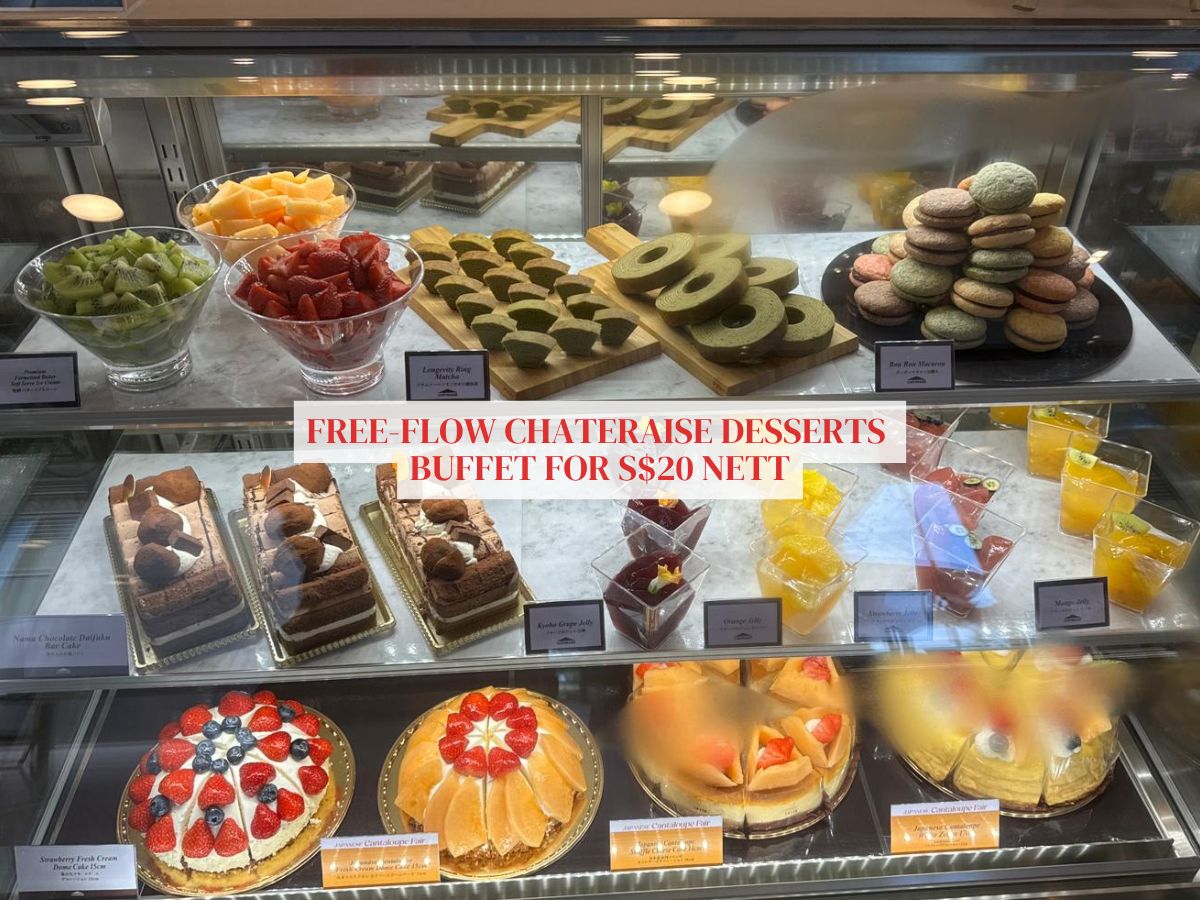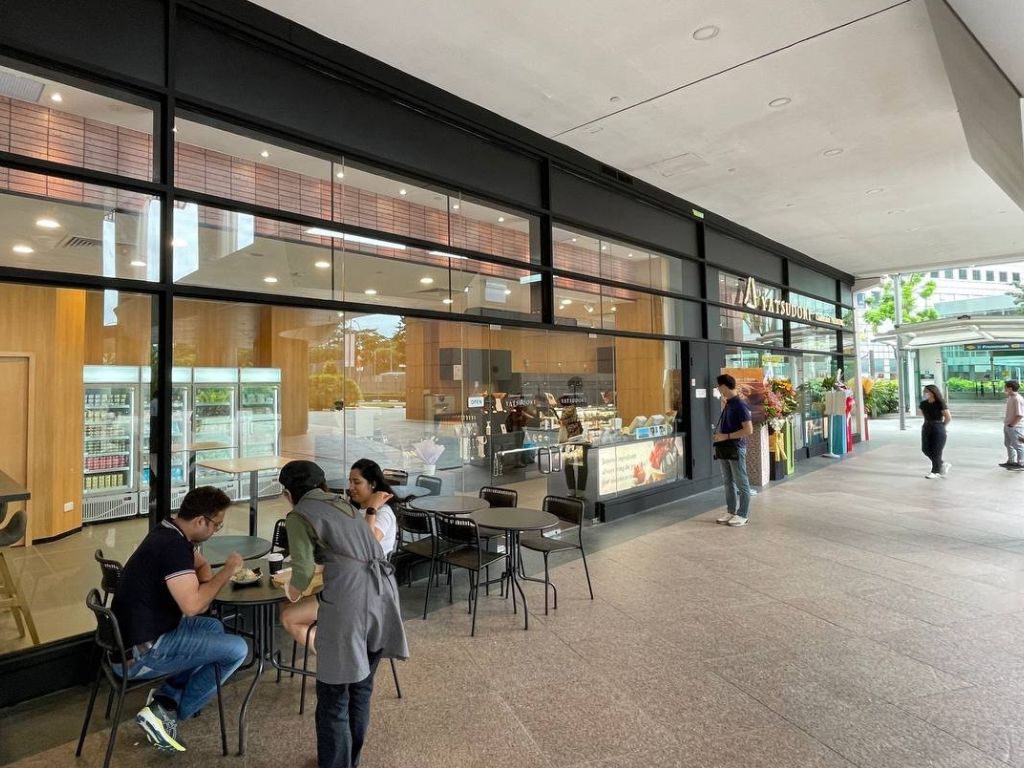Chateraise Singapore launches buffet with free-flow Japanese cakes and desserts for 90 minutes

Are you a dessert person? Then you’d probably have been to Chateraise a million times.
There’s no doubt that the Japanese dessert brand and its affordable treats have won over every dessert-lover’s heart since it first opened in Singapore in 2015.
Almost a decade later and the brand is still going strong. In fact, it’s celebrating its 70th anniversary, as well as another special milestone.
Chateraise now has 1,000 outlets in nine regions worldwide, located not just in Japan and Singapore, but also countries such as Thailand, China and the UAE!
That’s a huge milestone for the beloved dessert brand, which has over 30 outlets on our tiny island — including an innovative unmanned, 24/7 outlet that they launched earlier this year.
Here’s some even more exciting news for the brand’s devoted following: Chateraise Singapore has launched a buffet as a way to commemorate the milestone!
90-minute Chateraise buffet

Yes, you heard that right. Chateraise’s all-you-can-eat buffet will let fans with a sweet tooth indulge in all its signature items to their hearts’ delight.
Slated to be rolled out on Aug 16, the buffet is only available at the Chateraise Premium Yatsudoki outlet at Millenia Walk, running daily from 1.30pm to 8pm.
It runs for 90 minutes and is priced at S$20 nett for adults, S$10 nett for children between five to 15 years old and S$5 nett for children five years old and under.
The Chateraise buffet is only valid for dine-in and all guests at the table have to opt for the buffet.

Reservations will be required after 7pm, but reservations are encouraged so fans don’t miss out on their chance to pig out to their heart’s content.
Chateraise’s buffet menu will rotate daily based on stock availability, but signature items such as the strawberry dome cake, mix fruit dome cake, bon bon macaron, and longevity ring cake will be available every day.
For refreshments, the buffet also includes a choice of coffee or tea.
So if you’re someone — or know someone — with an uncontrollable sweet tooth, it might be a good idea to make a reservation and swing by for Chateraise’s buffet.
Perhaps an afternoon tea session, coupled with some tea, both literally and metaphorically?
For more ideas on what to eat, read our stories on the 36 best cafes for good brunch in Singapore and Telok Ayer’s most satisfying post-work dinner spots.
Do explore the new GrabFood Dine Out service for awesome deals.
You can also book a ride to Millenia Walk for the Chateraise buffet.
Chateraise Premium Yatsudoki (Millenia Walk)
Millenia Walk, 01-93/94, 9 Raffles Boulevard
Nearest MRT: Promenade
Open: Monday to Sunday (10am to 10pm)
Millenia Walk, 01-93/94, 9 Raffles Boulevard
Nearest MRT: Promenade
Open: Monday to Sunday (10am to 10pm)







